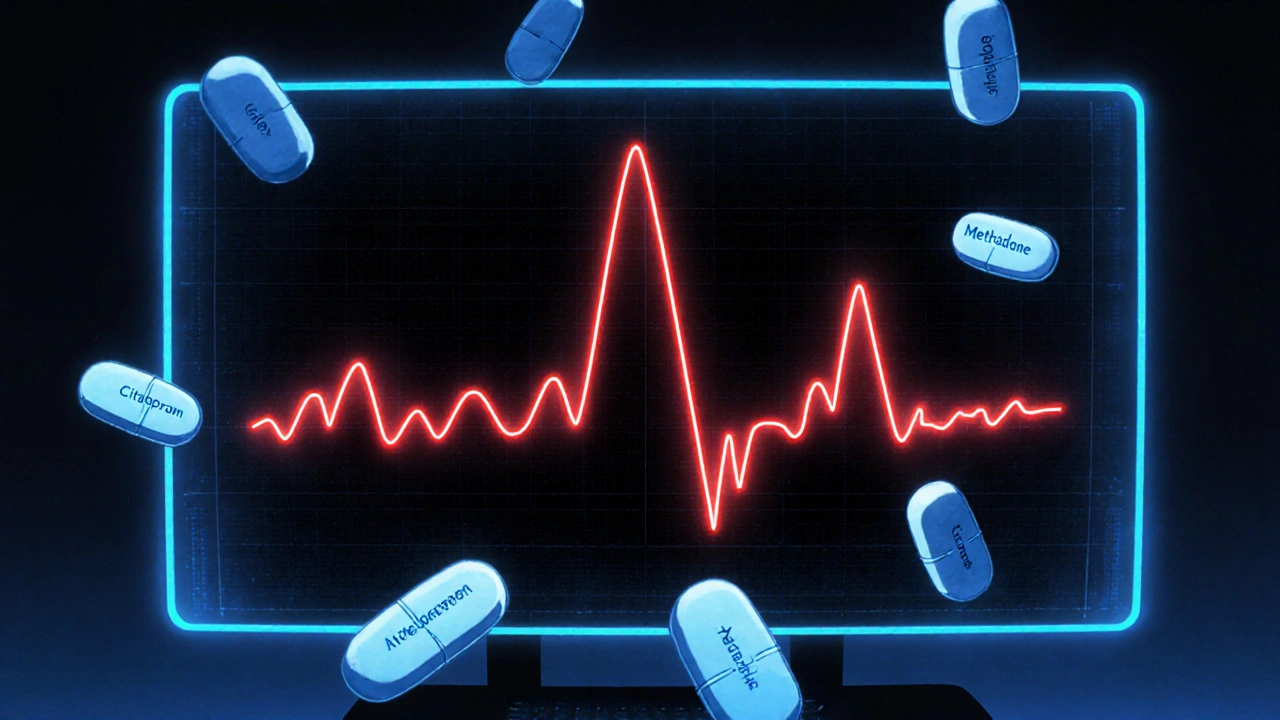Conditions: Practical Help for Incontinence, Cystitis, and Drug Effects
Worried about bladder leaks, a cystoscopy appointment, or how a diabetes drug might affect your kidneys? This Conditions page collects straightforward, useful posts to help you act, ask the right questions, and feel more in control. You’ll get plain steps, what to expect, and simple red flags to watch for.
What you’ll find here
Start with the incontinence and physical therapy post. It explains how pelvic floor therapists assess muscle strength, breathing, and posture. You’ll see sample home drills—short sets of pelvic floor contractions, gentle hip bridging, and breathing cues—to practice between sessions. The article also covers realistic timelines: many people notice improvement after 6–8 weeks, but some need longer work or combined treatments like biofeedback.
The cystoscopy guide walks you through prep for diagnosing cystitis. It lists practical steps: bring a full medication list, follow any fasting or antibiotic instructions, avoid heavy exercise the day of the test, and plan for a ride home if you get a sedative. The piece explains what sensations are normal (pressure, mild burning) and which signs need a call to your doctor (fever, heavy bleeding, sharp pain that won’t ease).
The saxagliptin and kidney function article focuses on what to monitor. It explains why eGFR and creatinine matter, when dose changes are common, and which symptoms to report—swelling, sudden fatigue, shortness of breath, or a quick drop in urine output. The post recommends routine lab timing and stresses never changing doses without talking to your provider.
Practical quick tips
Incontinence: try a two-week bladder diary—note fluids, void times, and leaks. Use timed voiding (every 2–3 hours to start), avoid bladder irritants like caffeine and alcohol if they trigger urgency, and practice pelvic floor sets while breathing calmly. If exercises feel painful or you don’t see progress, ask for a pelvic floor PT referral with hands-on assessment.
Cystoscopy prep: confirm antibiotic or anticoagulant instructions ahead of time. Wear loose clothes, bring a phone charger and questions you want answered, and plan soft food after the procedure. After the test, sip water, avoid baths for 48 hours, and call the clinic for fever over 38°C (100.4°F), heavy bleeding, or worsening cramps.
Saxagliptin and kidneys: get baseline kidney labs before starting or changing dose, then repeat labs per your clinician’s plan—often within weeks, then every few months. Report swelling, sudden breathlessness, or rapid changes in urination. If your eGFR falls below thresholds your doctor sets, medication choices or dosing often change.
These articles are meant to help you prepare, act, and speak clearly with your healthcare team. Read the linked posts for step-by-step advice, printable checklists, and suggested questions to bring to appointments. If you notice urgent signs like high fever, severe pain, or sudden kidney-related symptoms, get immediate care. For routine questions, use the guides here to make your next visit faster and more productive.
Low Back Pain: Red Flags, Imaging, and Exercise Therapy
Low back pain affects 80% of adults, but only 1-2% of cases involve serious conditions. Learn which red flags require urgent care, when imaging is truly needed, and why exercise therapy is the most effective long-term solution.
Chronic Pain Lasting Over Three Months: How It Changes Your Daily Life
Chronic pain lasting over three months is a recognized disease, not just a symptom. It affects sleep, work, relationships, and mental health. Learn what types exist, what actually works for treatment, and how to navigate care when systems fail you.
Rosacea: Understanding Facial Flushing and How Topical Antibiotics Work
Rosacea causes persistent facial redness and bumps. Topical antibiotics like metronidazole and ivermectin are first-line treatments for inflammatory lesions, but they take weeks to work and don't fix flushing. Learn how they work, what to expect, and how to use them effectively.
Alcoholic Liver Disease: Understanding the Stages from Fatty Liver to Cirrhosis
Alcoholic liver disease progresses from fatty liver to cirrhosis in stages. Learn how alcohol damages the liver, what each stage looks like, and why stopping drinking is the only proven way to survive.
Graves' Disease: Understanding Autoimmune Hyperthyroidism and Propylthiouracil (PTU) Treatment
Graves' disease is an autoimmune disorder causing hyperthyroidism, with PTU as a key treatment-especially in early pregnancy. Learn how it works, its risks, how it compares to other options, and what to expect during treatment.
Blepharitis: How Warm Compresses Relieve Eyelid Inflammation
Blepharitis causes red, crusty eyelids and gritty eyes. Warm compresses applied correctly at 40-45°C for 10 minutes twice daily are the most effective first-line treatment, improving gland function and reducing symptoms in most patients within weeks.
Cold-Induced Urticaria: What to Do When Cold Weather Triggers Hives
Cold-induced urticaria causes hives and swelling after cold exposure. Learn how it's diagnosed, treated, and managed to prevent dangerous reactions-especially in cold water or weather.
Sjögren’s Syndrome: What It Is, How It Affects Your Body, and How to Manage It
Sjögren’s Syndrome is an autoimmune disease that attacks moisture-producing glands, causing dry eyes, dry mouth, fatigue, and more. Learn how it’s diagnosed, treated, and managed - and why it’s often missed.
Pain Management Techniques for Advanced Renal Cell Carcinoma Patients
Effective pain management for advanced renal cell carcinoma includes medications, physical therapies, and emotional support. Learn proven techniques to reduce pain, improve sleep, and maintain quality of life during advanced kidney cancer.
Torsades de Pointes from QT-Prolonging Medications: How to Recognize and Prevent This Deadly Reaction
Torsades de Pointes is a rare but deadly heart rhythm caused by QT-prolonging medications. Learn how to recognize the warning signs, which drugs are most dangerous, and exactly how to prevent this preventable cardiac emergency.









